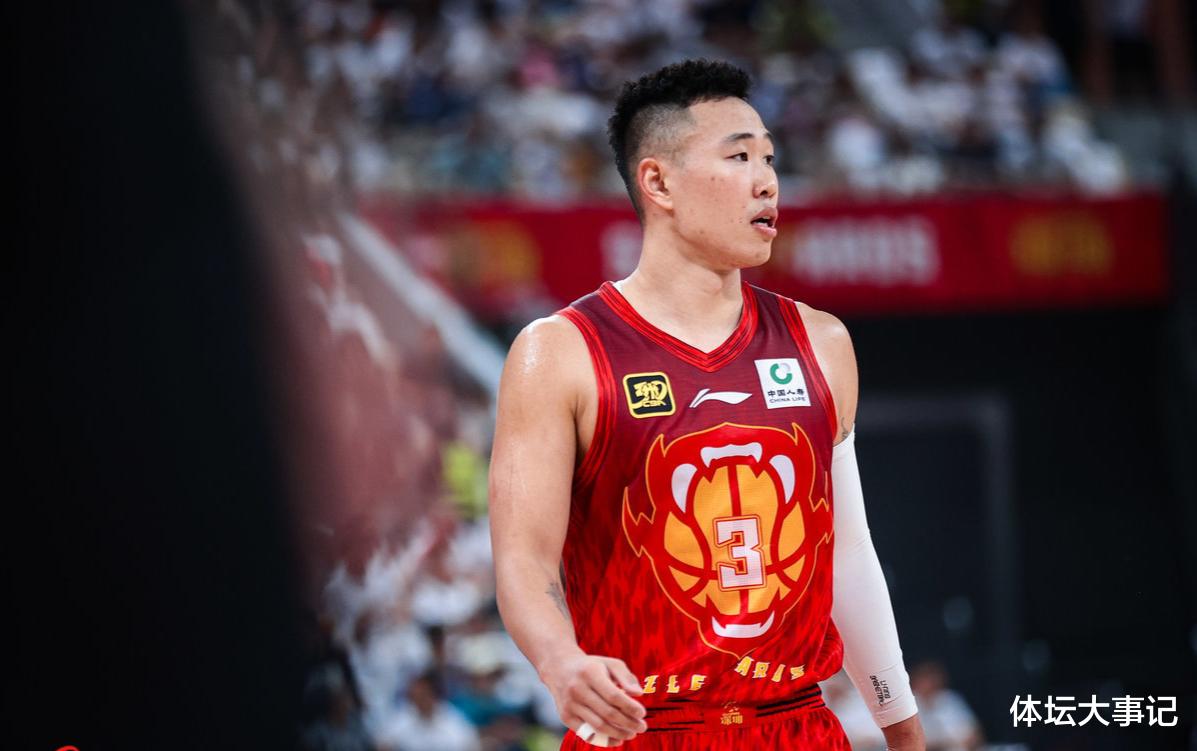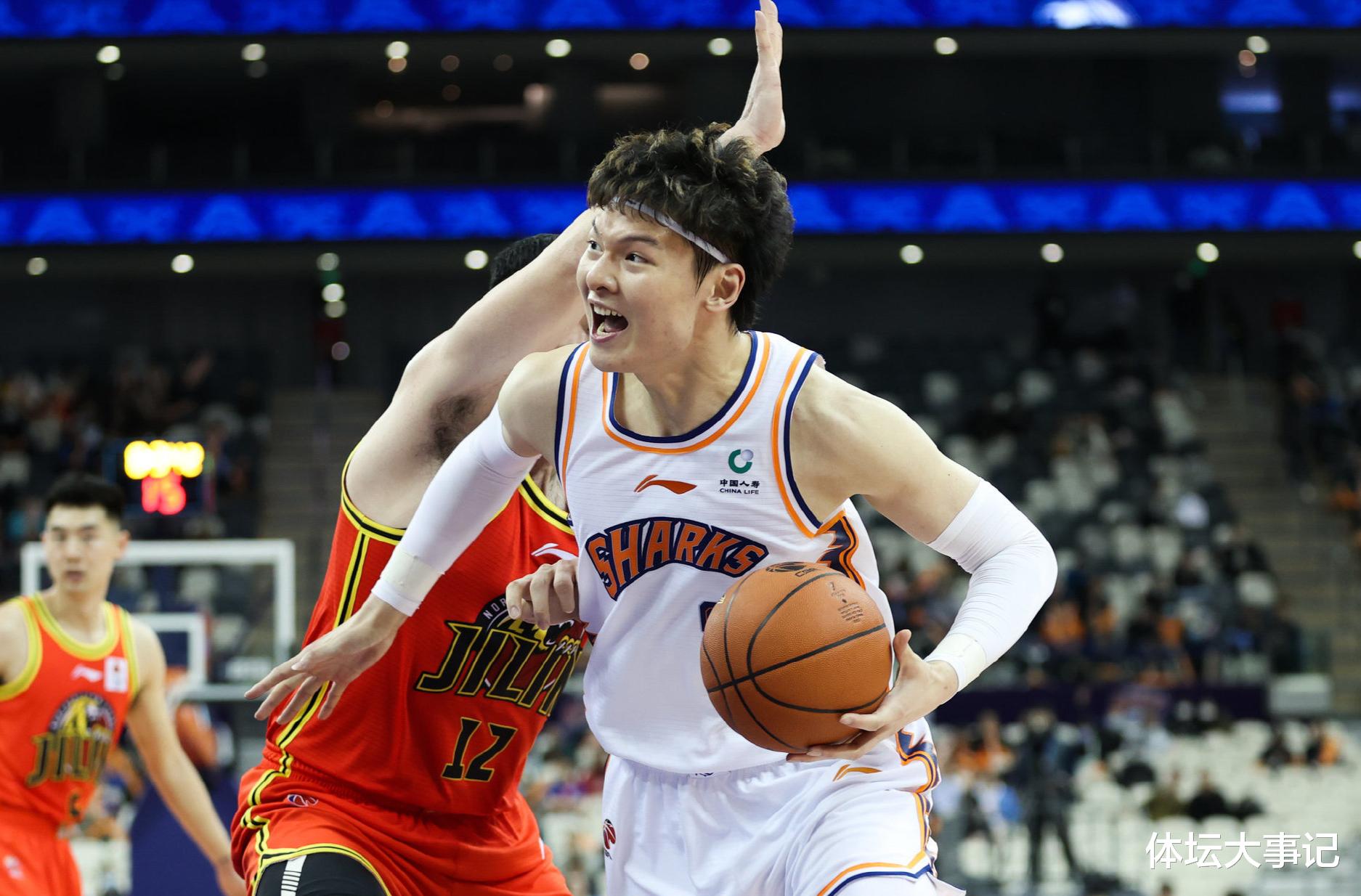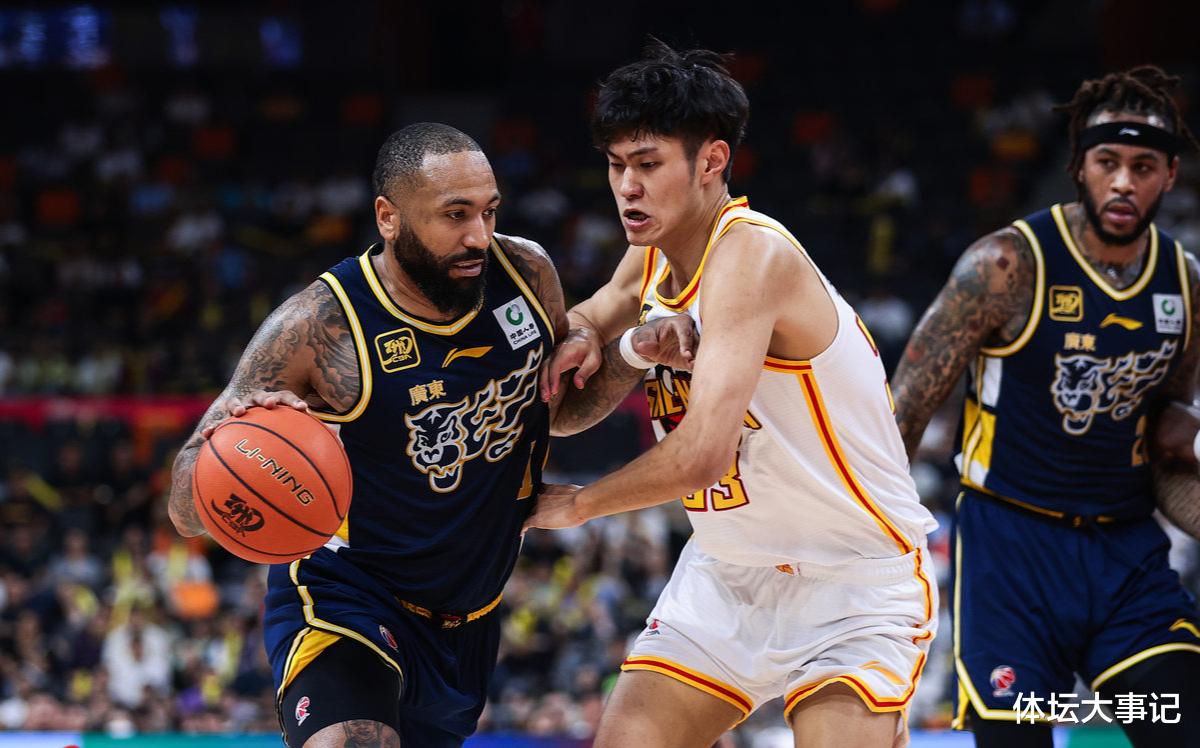On January 22nd, the CBA regular season welcomes another peak period with five games taking place simultaneously. These matches include Beijing against Shenzhen, Guangzhou against Beikong, Shanghai against Guangdong, Zhejiang against Fujian, and Nanjing against Shanxi. There are several key games, and I will provide a brief pre-game analysis.

Beijing has recently been performing poorly, having suffered three consecutive losses, even with the return of some key players. However, this time they face Shenzhen, which should be an easier matchup as their opponents have not yet demonstrated the capability to enter the playoffs.

Beijing's advantage lies primarily with Zhou Qi, while Shenzhen, after losing Shen Zijie and Salinge, lacks a strong domestic center capable of carrying the team, making it difficult for them to defend against Zhou Qi's attacks. Additionally, Zeng Fanbo's athletic talent will exert significant pressure on the opponents.

Interestingly, Zhou Peng has been in great form recently. As a former captain of the men's basketball team, Zeng Fanbo is considered a junior, and both players occupy the same position. It remains to be seen whether experience or talent will prevail.

Shenzhen only has He Xining as a star-level guard, whereas Beijing has a wealth of available players. Of course, it is hoped that Fang Shuo does not repeat the low-level mistakes from the previous game, which ultimately cost them any chance of a comeback.

The second key match is between Shanghai and Guangdong, both teams having achieved considerable success in the second stage with long winning streaks. Guangdong fought hard to secure a spot in the top eight, while Shanghai, despite being underrated due to playing fewer rounds, has shown impressive strength.

In their previous encounter, Guangdong was unable to overcome Shanghai. Wang Zhelin and Lofton form a formidable frontcourt duo for Shanghai, although Morand and Jilunwater have also been performing well recently, promising an exciting contest in the paint.

In terms of the perimeter, Guangdong still relies heavily on Xu Jie, while Shanghai boasts foreign players like Bradsoe and young talents like Li Tianrong who have been delivering solid performances. Overall, Guangdong may be at a disadvantage, with a high likelihood of their winning streak coming to an end. However, Du Feng will not surrender early, utilizing the stable tactics accumulated during this period, making it challenging for Shanghai to secure a victory.

Guangzhou faces Beikong at a numerical disadvantage, but following Guo Ailun's excellent performance upon his return in the last game, where they were able to compete with Shanxi, maintaining this momentum could lead to a potential win against Beikong.

Beikong's advantage lies in their ample frontline resources, with Shen Zijie and Zou Yuchen potentially countering Guo Ailun, though the effectiveness remains to be seen. Beikong has more options in other positions, boasting many domestic veterans who far surpass the rookies of Guangzhou. Overall, one team relies on teamwork, while the other depends on key players, leaving room for an upset.

The match between Shanxi and Nanjing away is also intriguing, with both teams possessing talented players, though Shanxi holds a clear overall advantage. Notably, both teams feature several former Guangzhou players, such as Jia Mingru, Zhu Mingzhen, and Tian Yuheng, who were once teammates but now face each other for new clubs, which is somewhat regrettable.

Shanxi's advantage lies in their frontline, with Liu Chuanxing's height posing problems for Nanjing. Among the domestic players, Lin Wei's shooting will compete with Yuan Shuai, while Guo Haowen and Zhang Ning excel at breaking through, so it will be interesting to see who performs better.

Zhejiang's home game against Fujian is considered a favorable matchup, with little difficulty expected. Winning this game will further solidify their position among the top four, having achieved commendable results in the second stage.